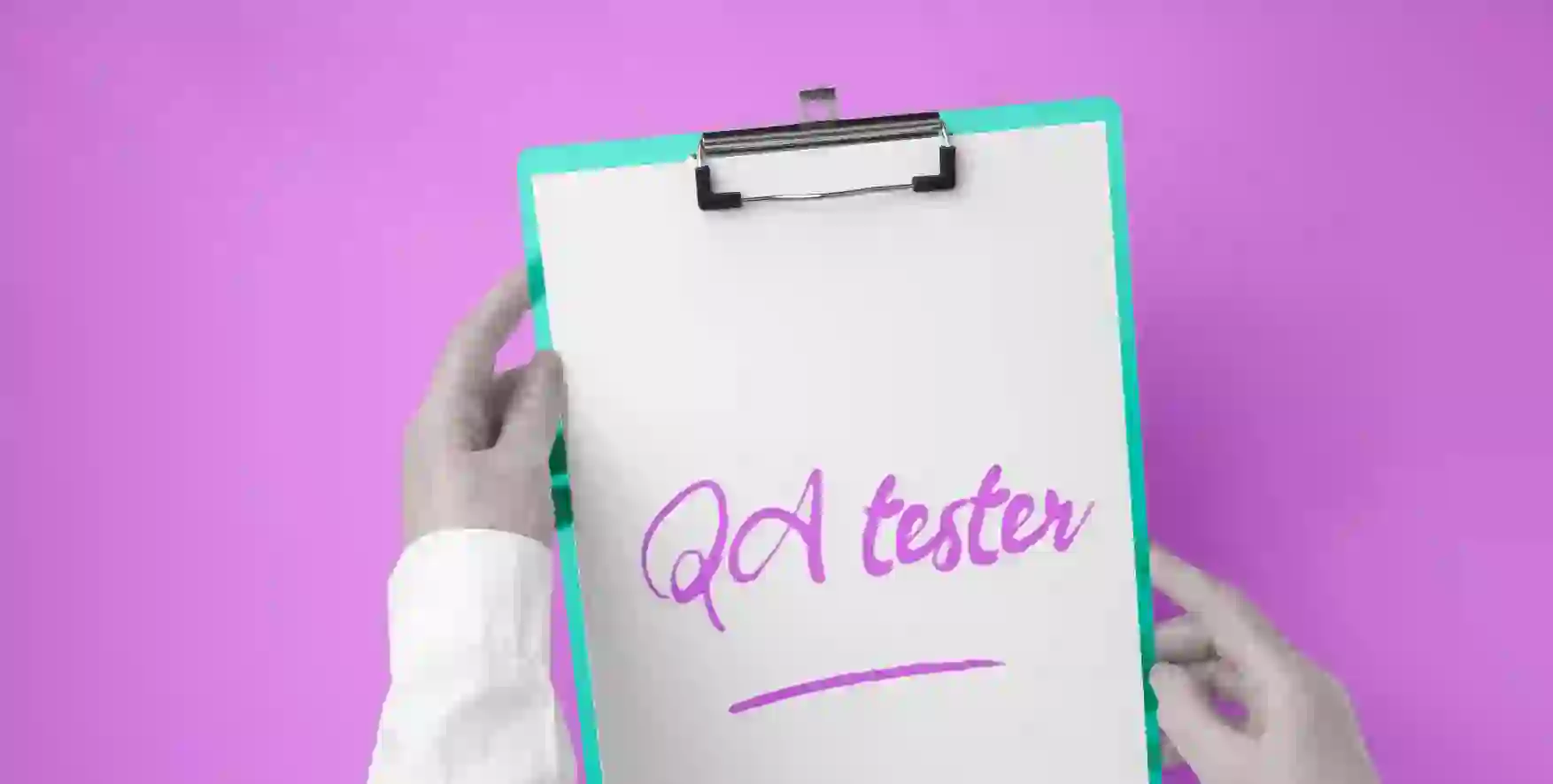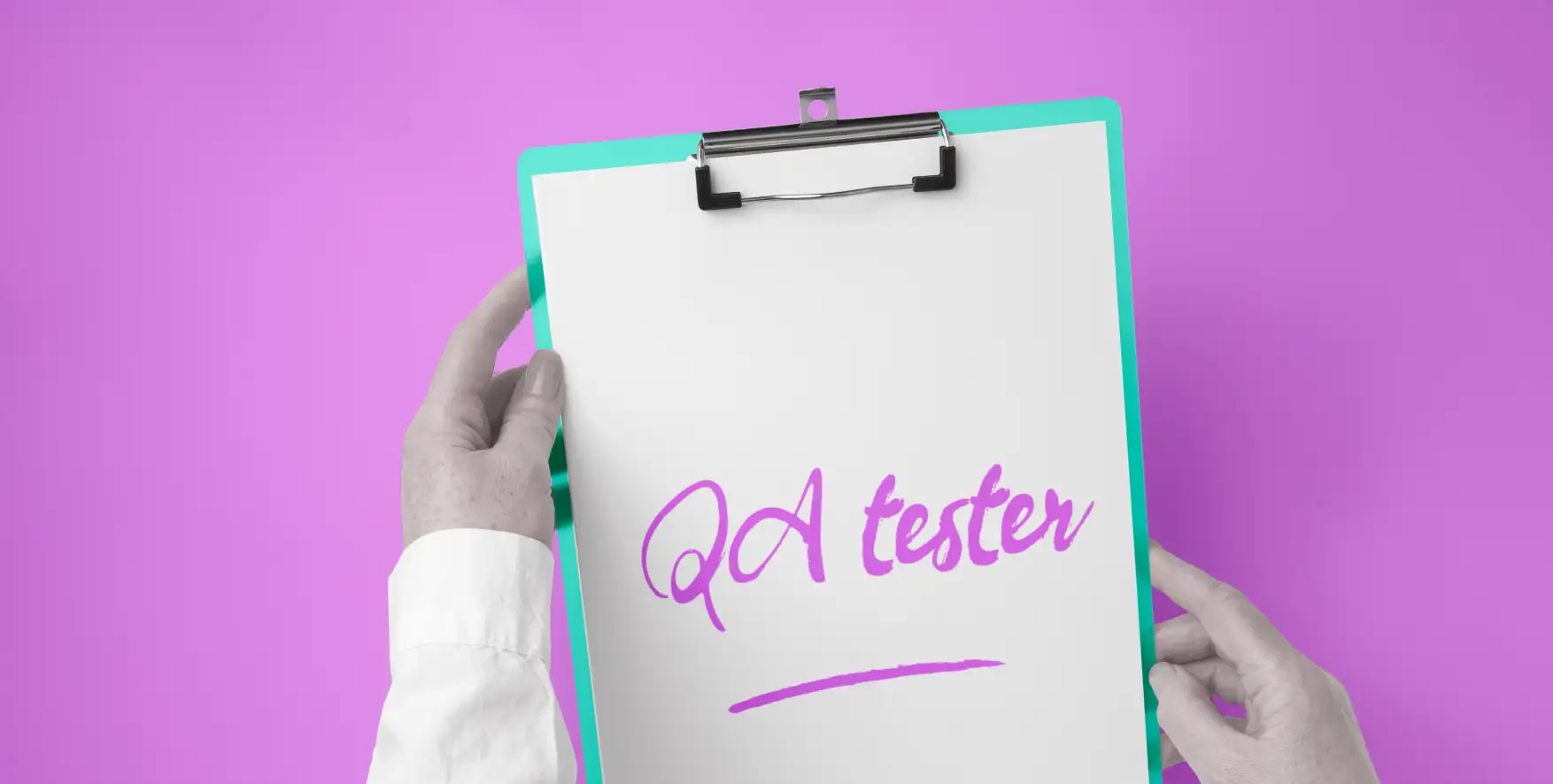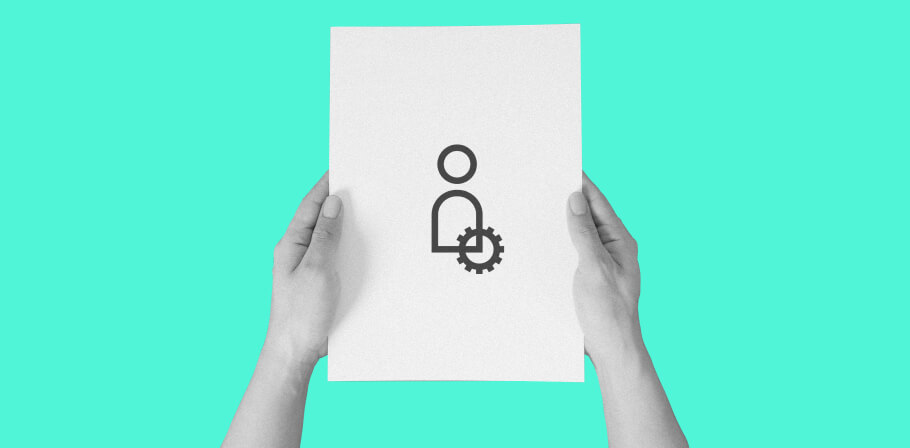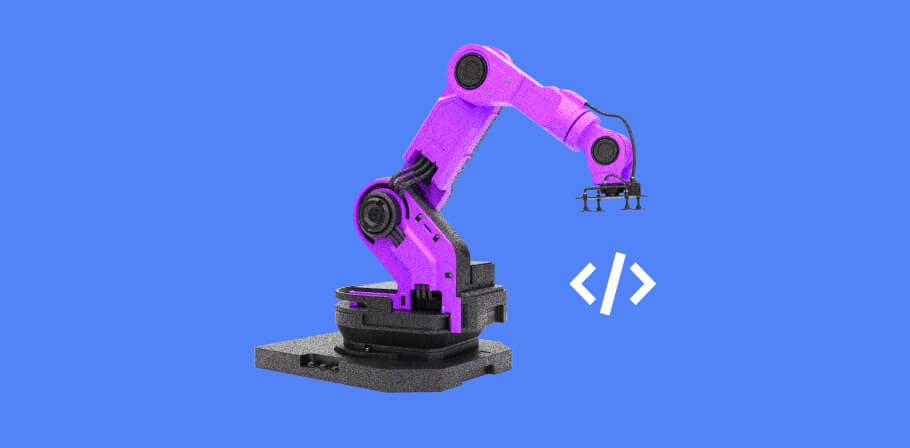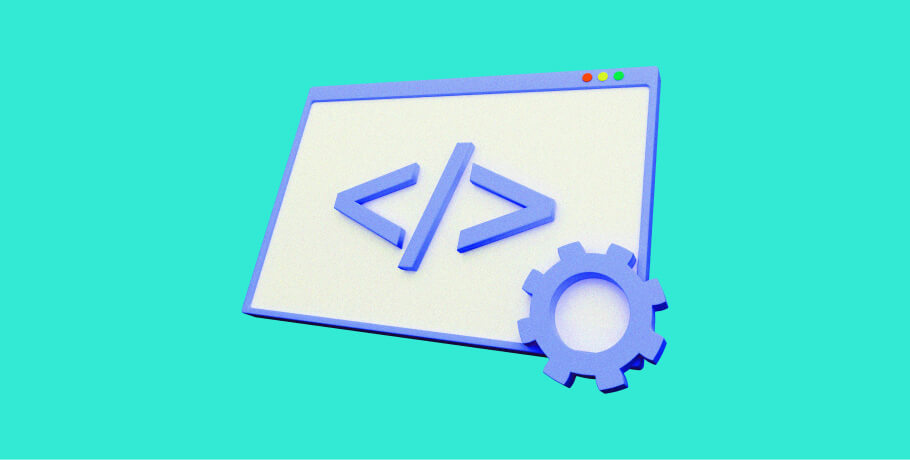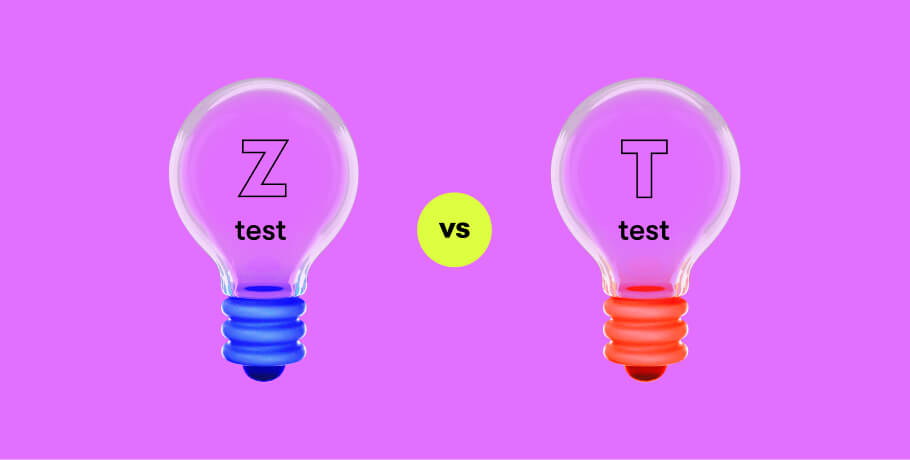As a QA tester, it is essential to have a profound understanding of the role and responsibilities of a quality assurance software tester. This article will provide an overview of the QA tester job description, including the skills and qualifications required for this position.
What is a QA tester?
A QA tester, also called a quality assurance engineer, is a professional who plays an integral role in the software development process by ensuring that software products meet the highest quality, reliability, and performance standards.
They are responsible for meticulously examining and evaluating software applications to identify potential issues, defects, or inconsistencies affecting the end-user experience. By doing so, QA testers contribute significantly to the success of a software development project, as they help guarantee that the final product is free from errors and functions as intended.
QA testers work closely with software developers, project managers, and other stakeholders throughout the development lifecycle. Their primary objective is to verify that the software meets the specified requirements and adheres to the established quality best practices.
To achieve this, QA testers employ a variety of testing methodologies, tools, and techniques, ranging from manual testing, where they interact with the software as an end-user would, to automated testing, which involves the use of specialized tools to execute predefined test cases and identify defects more efficiently.
In addition to identifying and reporting defects, QA testers are responsible for documenting their findings and collaborating with developers to resolve any issues. This often involves providing detailed information about the nature of the defect, the steps required to reproduce it, and any potential solutions or workarounds. By working with developers, QA testers help ensure that the software is continuously improved and refined until it meets the desired level of quality.
Furthermore, QA testers must possess a diverse skill set, including strong analytical and problem-solving abilities, excellent attention to detail, and effective communication skills. They must adapt quickly to new technologies, tools, and methodologies as the software development landscape evolves.
In some cases, QA testers may also be required to have a basic understanding of programming languages and coding concepts, particularly for roles that involve automation testing or working with complex software systems.
In summary, a QA tester is an indispensable software development team member responsible for safeguarding the quality and reliability of software products. Through their diligent efforts in identifying and resolving defects, QA testers help ensure that the software delivered to end-users is of the highest possible quality, ultimately contributing to the success and reputation of the organization they work for.
What does a QA tester do?
A software quality assurance tester is responsible for various tasks throughout the development lifecycle. Some of the primary responsibilities include:
- Reviewing and analyzing software requirements
- Creating and executing test plans and test cases
- Identifying, documenting, and reporting software defects
- Collaborating with developers to resolve issues
- Ensuring that the final product meets the established quality standards
Responsibilities of a QA tester
The responsibilities of a QA tester can be divided into several categories, including:
- Test planning and preparation: This involves reviewing software requirements, creating test plans, and developing test cases based on the project's needs.
- Test execution: QA testers execute test cases, both manually and using automated tools, to identify defects and ensure the software meets the requirements.
- Defect management: QA testers are responsible for documenting and reporting defects and tracking their resolution.
- Collaboration: QA testers work closely with project managers, software engineers and other stakeholders to ensure the software meets the desired quality standards.
QA tester job requirements
To become a successful QA tester, one must have a specific set of skills and qualifications. Some of the key requirements for a QA tester include:
- A bachelor's degree in computer science, information technology or a related field
- Strong analytical and problem-solving skills
- Knowledge of software development methodologies and processes
- Familiarity with various testing tools and techniques
- Excellent communication and collaboration skills
QA tester roles and responsibilities
The role of a tester varies depending on the organization and project requirements. Some common QA tester roles and responsibilities include:
- Manual QA tester: Focuses on manually testing software applications to identify defects and ensure they meet the requirements.
- Automation QA tester: Develops and executes automated test scripts to improve testing efficiency and accuracy.
- Functional QA tester: Specializes in testing the functionality of software applications to ensure they meet the specified requirements.
You can prepare for your next technical QA interview by jotting down some role-specific questions.
QA tester skills
QA testers must possess diverse skills to excel in their role. We have categorized those skills into technical and soft skills. Here are some essential QA tester skills:
Technical skills:
- Understanding of software development methodologies: Familiarity with various software development methodologies, such as Agile, Scrum, and Waterfall, is crucial for QA testers to effectively collaborate with the development team and adapt to the project's requirements.
- Knowledge of testing techniques and types: QA testers should be well-versed in different testing techniques, such as black-box, white-box, and gray-box testing, as well as various testing types, including functional, non-functional, regression, and performance testing.
- Proficiency in testing tools: QA testers should be familiar with various testing tools, such as Selenium, TestRail, and LoadRunner, to help them efficiently execute test cases, manage defects, and automate testing processes.
- Basic programming knowledge: While not always a strict requirement, having a basic understanding of programming languages and coding concepts can help QA testers better understand the software they are testing and communicate more effectively with developers.
- Familiarity with databases and SQL: QA testers often need to interact with databases to verify data integrity and validate the software's functionality. Knowledge of SQL and database management systems (MySQL, Oracle, or PostgreSQL), can be beneficial.
Soft skills:
- Analytical and problem-solving skills: QA testers must be able to identify defects, analyze their root causes, and suggest possible solutions or workarounds.
- Attention to detail: QA testers need to be meticulous in their work, as even minor defects can have significant consequences for the end-user experience.
- Communication skills: Effective communication is essential for QA testers, as they need to clearly document and report defects, collaborate with developers, and convey complex information to non-technical stakeholders.
- Time management and organization: QA testers often work on multiple tasks simultaneously and must prioritize their work to meet deadlines and project milestones.
- Adaptability and flexibility: QA testers should be able to adapt to new technologies, tools, and methodologies quickly in accordance with the rapidly changing requirements.
- Teamwork and collaboration: QA testers work closely with developers, project managers, and other stakeholders, making it essential for them to be team players and collaborate effectively.
By developing and honing these technical and soft skills, QA testers can excel in their role and contribute significantly to the success of software development projects.
QA tester job description template
To help you create a comprehensive job description for a QA tester position, consider using the following template:
[Job Title: QA Tester] [Company Name] is seeking an experienced QA tester to join our team and ensure the quality of our software products. The successful candidate will review software requirements, create and execute test plans, identify and report defects, and collaborate with developers to resolve issues. Responsibilities:
Requirements:
[Additional requirements, such as specific certifications or industry experience, can be added here.] To apply, please submit your QA tester resume and cover letter to [email address]. |
FAQ

With a focus on remote lifestyle and career development, Gayane shares practical insight and career advice that informs and empowers tech talent to thrive in the world of remote work.
With a focus on remote lifestyle and career development, Gayane shares practical insight and career advice that informs and empowers tech talent to thrive in the world of remote work.
Explore our Editorial Policy to learn more about our standards for content creation.
read more